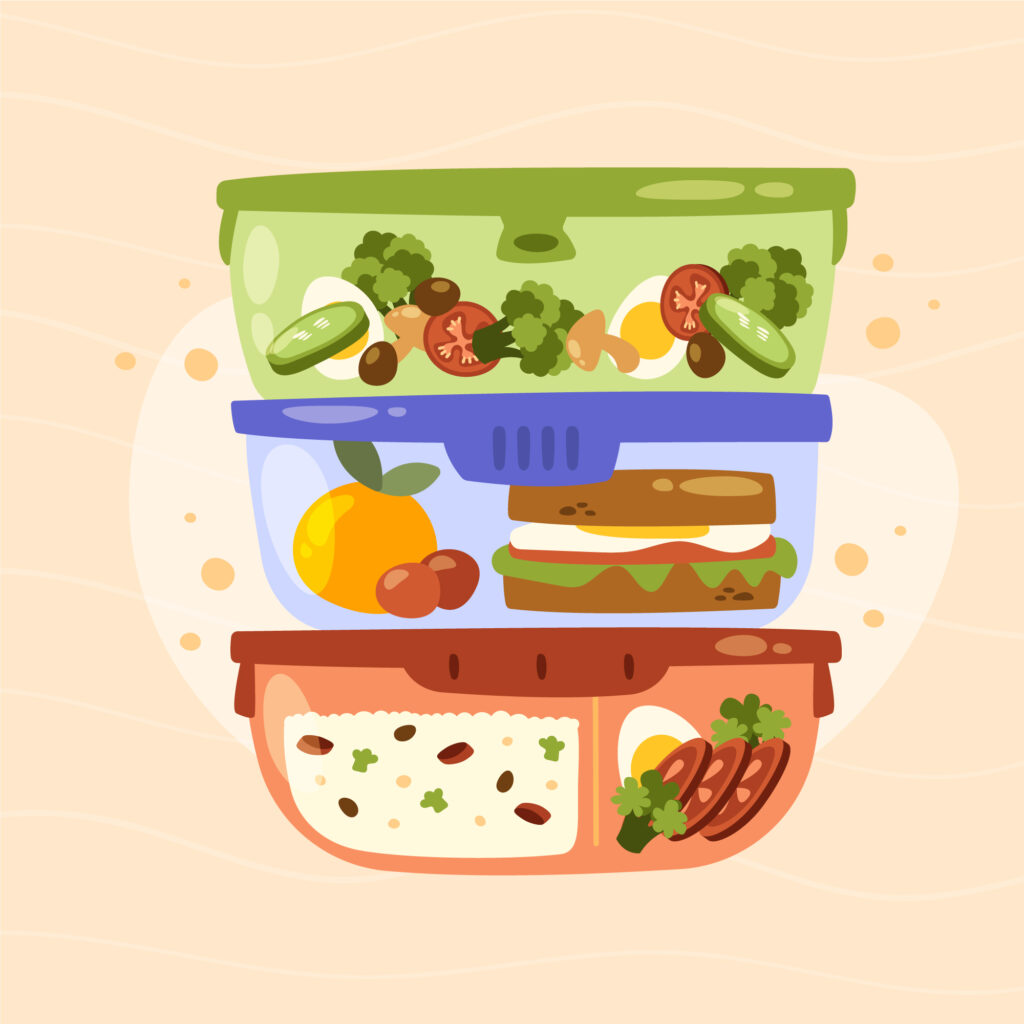
In daily life, it’s common for us to have leftover food that we couldn’t finish in one meal, so we reheat it the next day. This kind of food is generally referred to as ” overnight food.” Recently, there have been rumors online suggesting that overnight food harbors bacteria, making it harmful to health, and that it should be thrown away rather than reheated. Is there any basis for this claim?
Clinically, many patients ask me whether leftover food is safe to eat.
If you ask me, my answer is that it is not recommended.
Why do I say this?
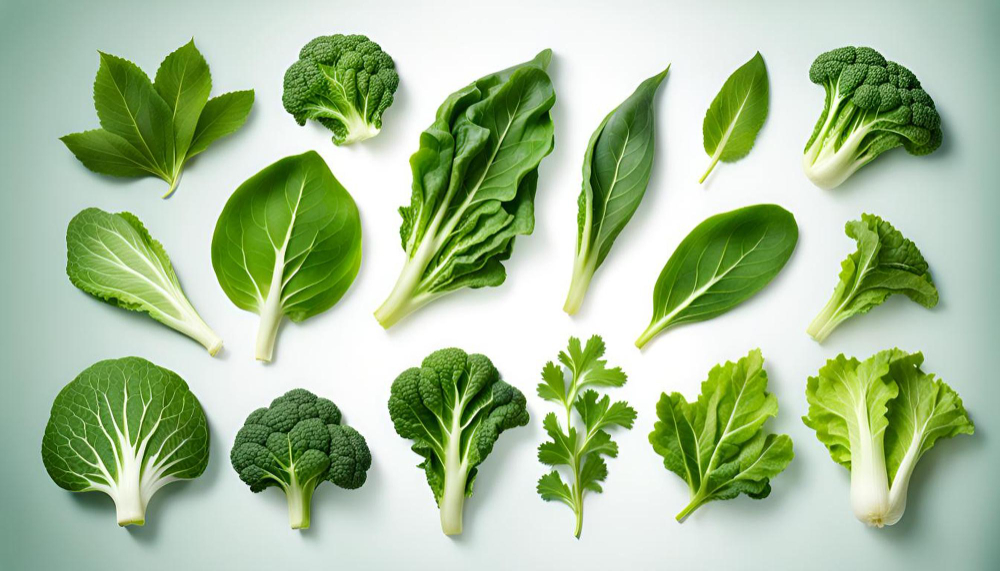
According to scientific measurements, cooked dishes contain oil and salt. After being left overnight, the vitamins in the food, especially in leafy green vegetables, become oxidized. Not only does this reduce the nutritional value, but it also significantly increases the level of harmful nitrite. When consumed, nitrite can be converted into nitrosamines in the stomach, which are potential health risks. Although nitrates themselves are not directly carcinogenic, they pose a significant health hazard. In particular, under certain conditions, nitrites can form compounds called N-nitroso compounds (NC), which are known risk factors for stomach cancer.
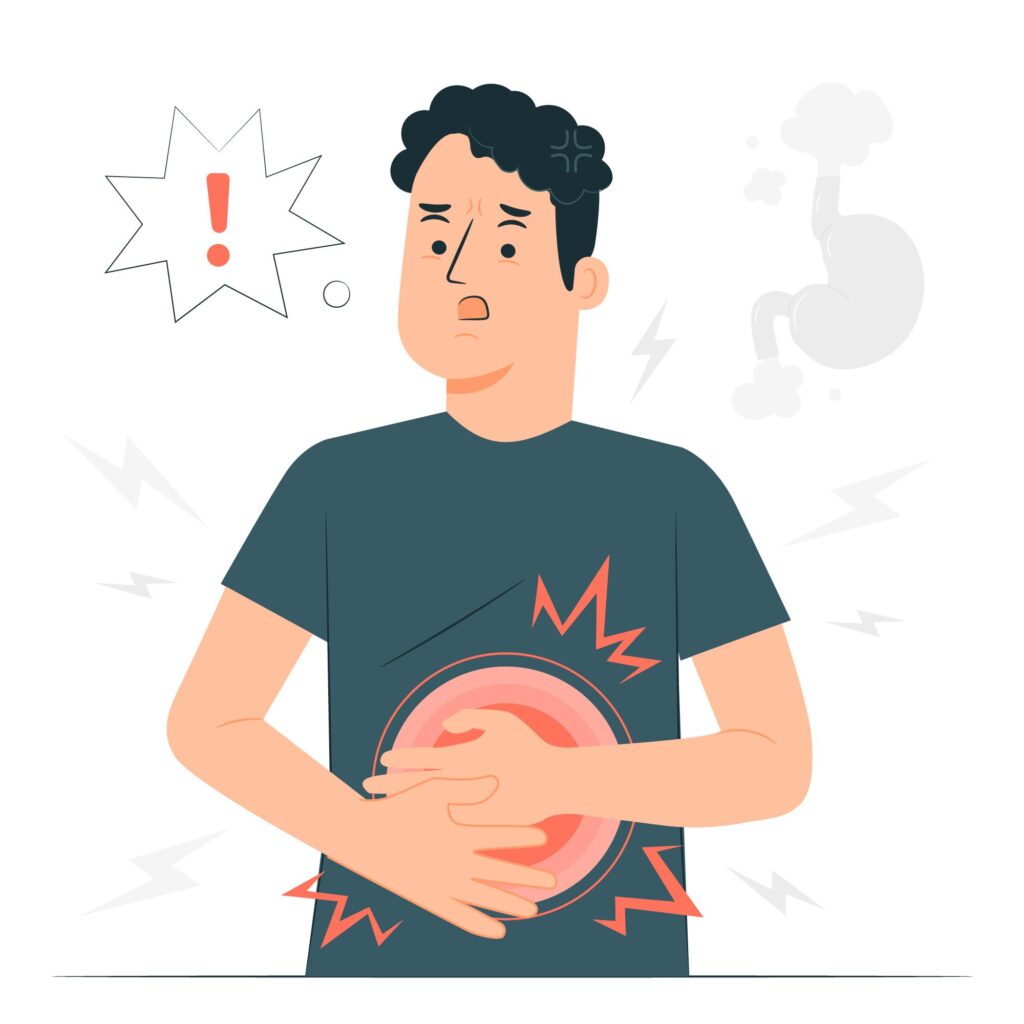
Especially, during hot weather, leftover food is more prone to bacterial contamination, leading to rapid bacterial growth. This can easily cause gastroenteritis or food poisoning, making it unsafe to eat.
From a food science perspective, whether food is left overnight is not the main issue. The real concern lies in what happens to the food during storage. When vegetables are cooked, most of the bacteria are killed.

However, during the eating process, some bacteria from cutlery can get into the leftovers; bacteria from the air can also contaminate the food during storage. Cooked vegetables provide an ideal environment for bacterial growth, and under suitable conditions, bacteria can multiply rapidly, potentially converting nitrates into nitrites. Even though refrigerating leftovers (at 0–5°C) can slow the increase of nitrites, it doesn’t completely guarantee safety.

This process is not about whether the food is left overnight, but rather about the storage conditions. The final number of bacteria and nitrites in the food depends on several factors: 1. The type of vegetables (leafy greens tend to have higher levels, while gourds have lower levels). 2. The conditions under which the cooked vegetables are stored. 3. The length of time the food is stored. Therefore, any food that is stored improperly or for too long is not recommended for consumption.
Seven Types of Overnight Foods That Are Prone to Spoiling and Are Not Recommended for Consumption
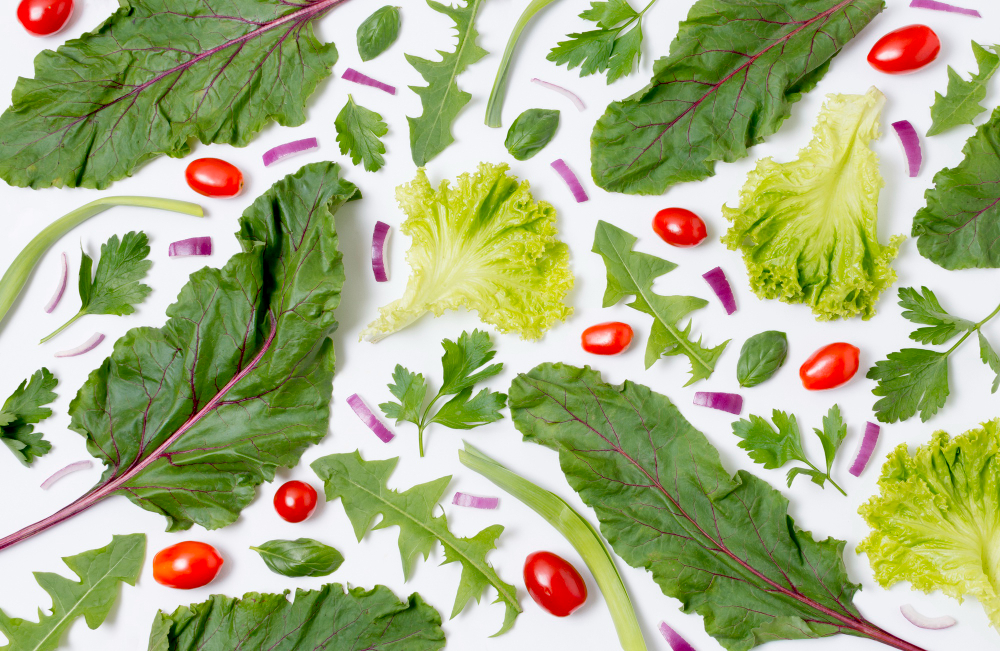
1. Overnight Leafy Vegetables:
Leafy greens are the most dangerous when left overnight. These vegetables generally contain high levels of nitrates, with the highest concentrations found in stem and leaf vegetables like chives, garlic sprouts, and bean sprouts. When reheated the next day, nitrates in these vegetables can convert into a large number of nitrites, which are potent carcinogens.
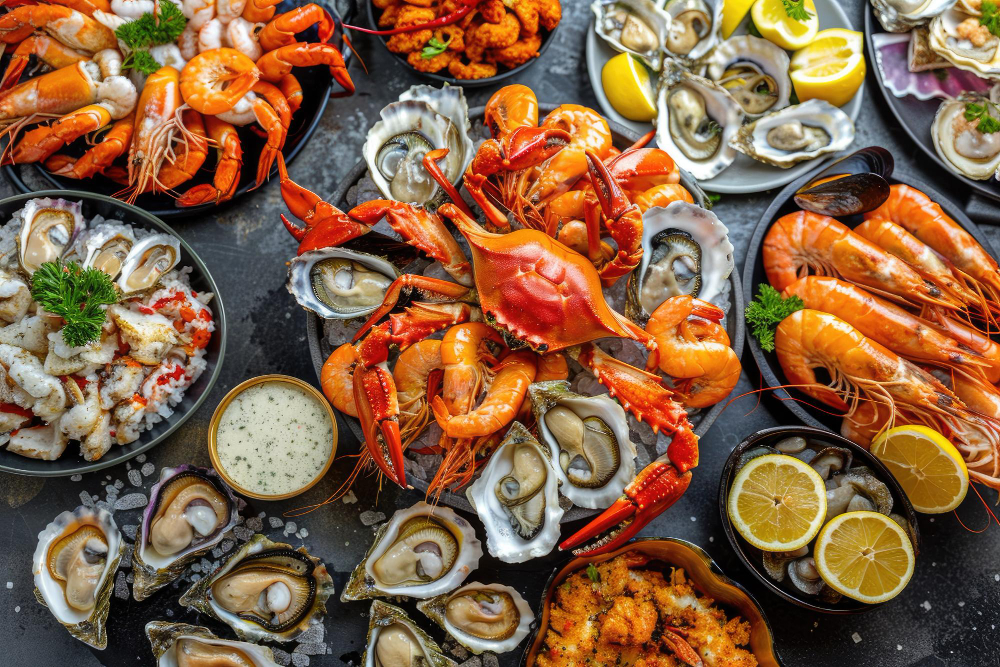
2. Overnight Seafood:
Seafood such as crabs, fish, and shrimp produce protein degradation products when left overnight. Consuming leftover seafood can cause significant damage to the liver and kidneys. If you have excess seafood, it’s best to store it raw in freezer bags or containers and freeze it for later cooking.
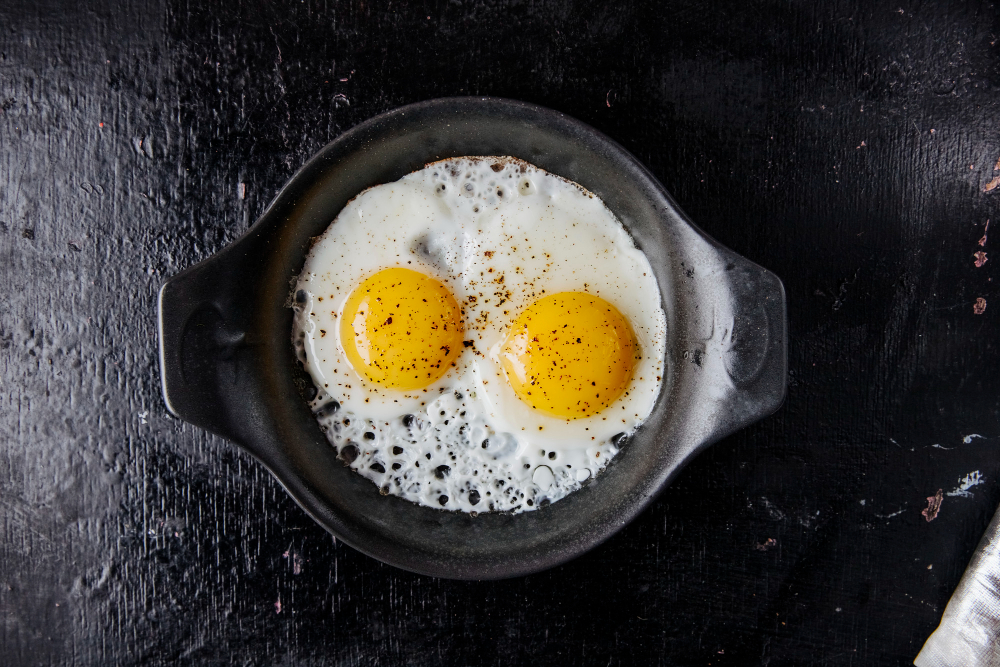
3. Half-Cooked Eggs:
Eggs contain a variety of trace elements that are beneficial to health, particularly the yolk, which is rich in lecithin. However, if eggs are not fully cooked and improperly stored, they can harbor bacteria, leading to gastrointestinal discomfort and bloating, which is harmful to health.
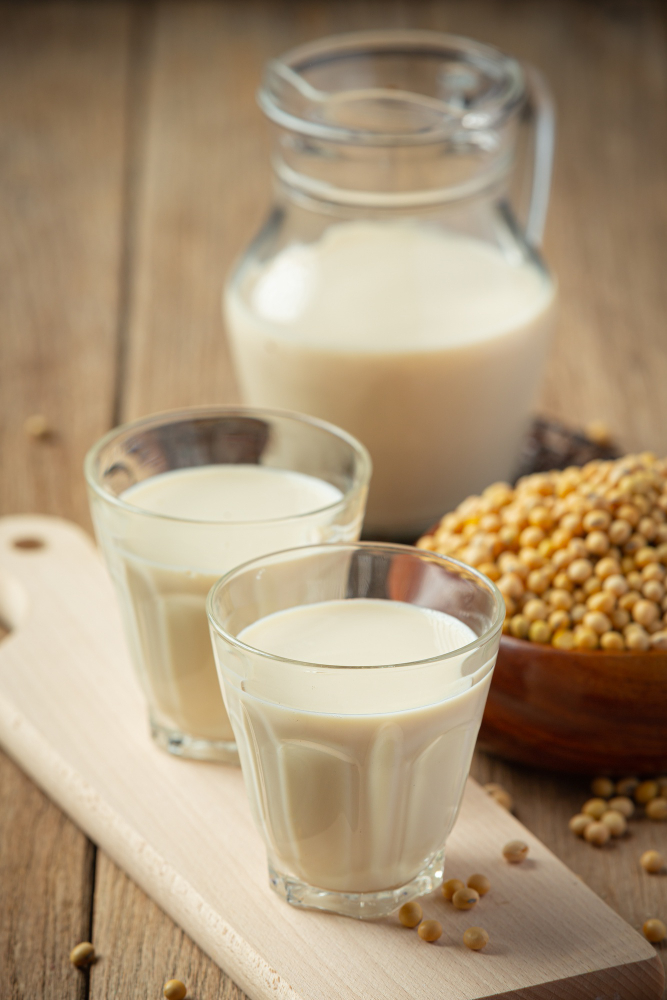
4. Overnight Soy Milk:
Freshly made soy milk has a shelf life of 2-4 hours at room temperature. If left out longer, bacteria can proliferate, causing the soy milk to spoil. Even when refrigerated, freshly made soy milk should not be stored for more than 12 hours.
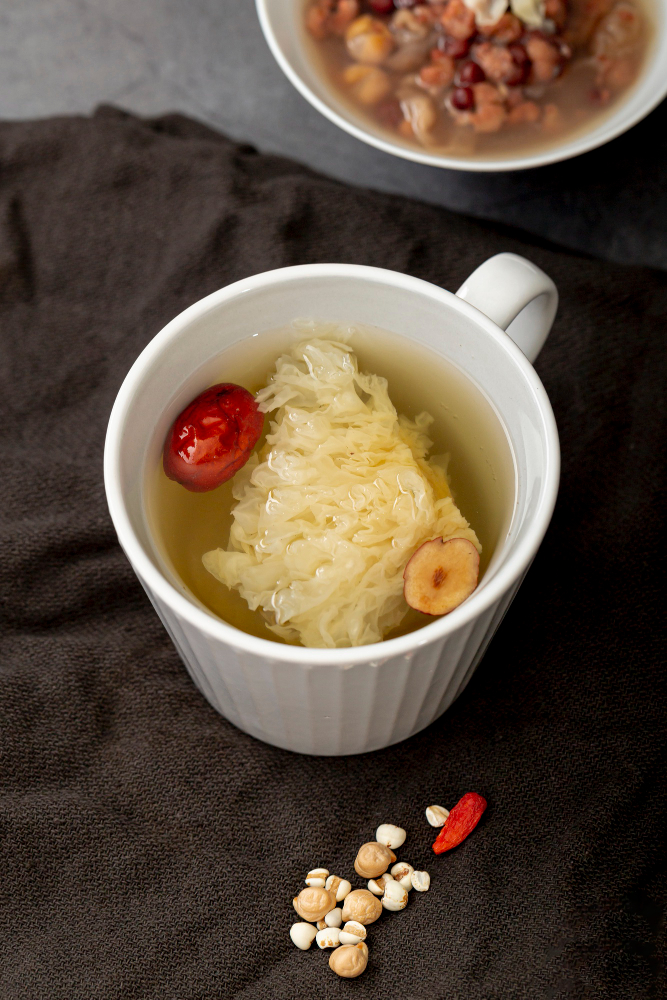
5. Overnight Tremella Soup:
Tremella (silver ear) soup is a nutritious tonic, but its nutritional value decreases overnight, and it can produce harmful substances. The large amounts of nitrates in tremella can cause normal hemoglobin in the body to oxidize into methemoglobin, impairing oxygen transport and leading to abnormal blood production, which may result in illness.
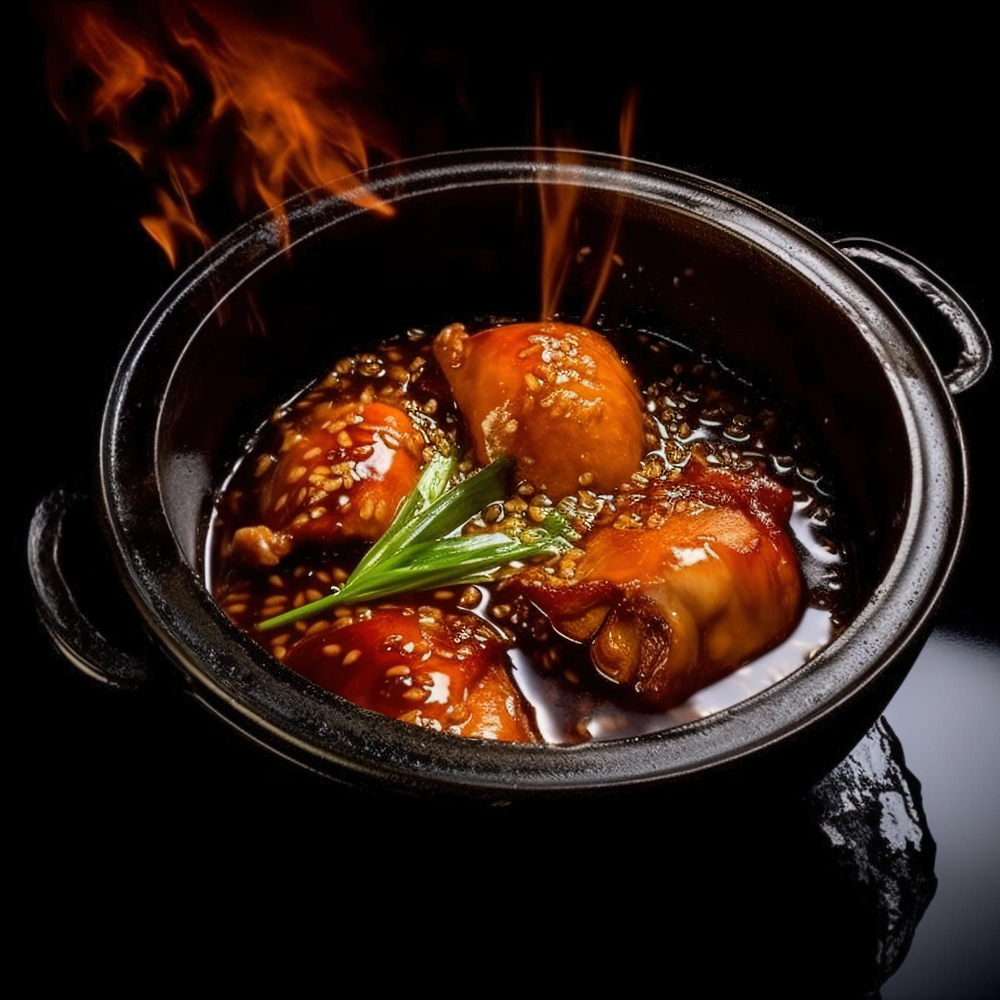
6. Overnight Braised Dishes:
Overnight braised dishes, especially unpackaged ones, should not be eaten. Even if stored in the refrigerator, they can easily harbor molds and psychrophilic bacteria, leading to cross-contamination of food.
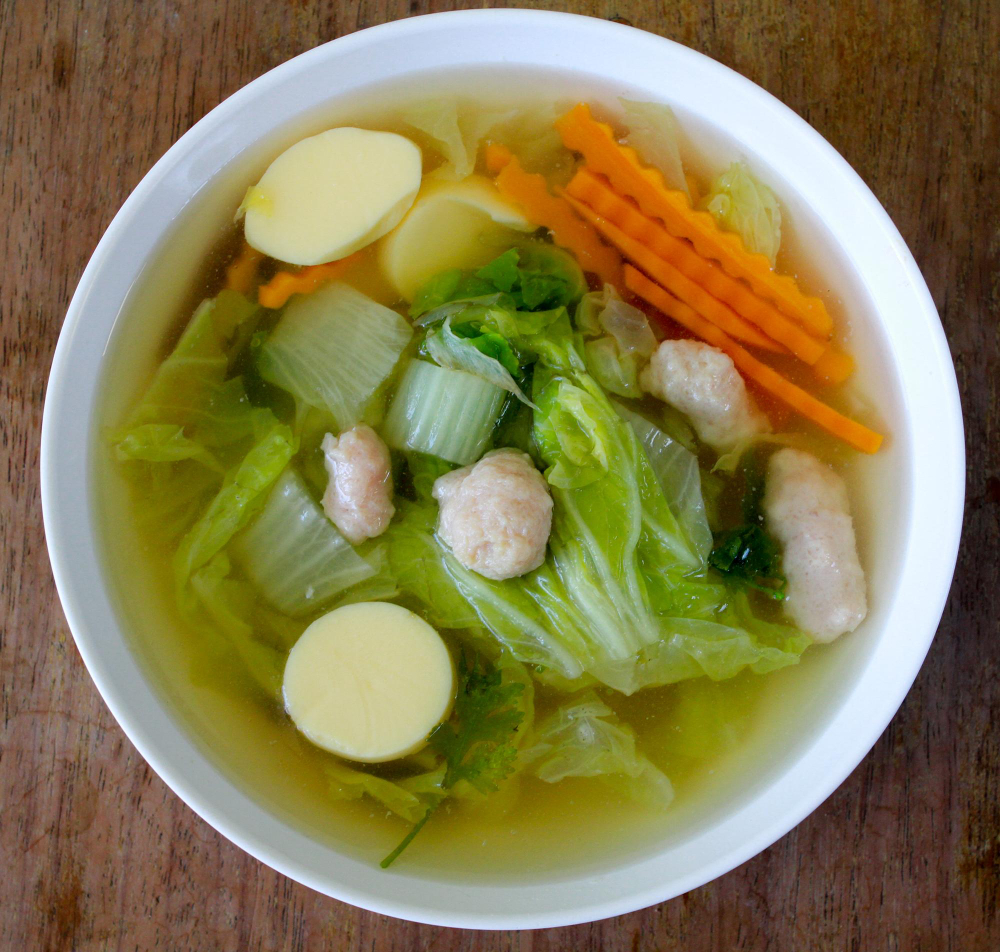
7. Overnight Soup:
Many people enjoy making soup and store overnight in the refrigerator to reheat the next day. However, it is best not to consume overnight soup. The best way to store soup is to avoid adding salt or other seasonings to the soup base. Use a clean ladle to take out the amount you plan to consume that day, and store any leftovers in a clay pot in the refrigerator. Storing soup in aluminium or stainless-steel pots for long periods can lead to chemical reactions, so it is better to use glass or ceramic containers.
此文章还有以下语言版本:
![]() 简体中文 (Chinese (Simplified))
简体中文 (Chinese (Simplified)) ![]() Melayu (Malay)
Melayu (Malay)



